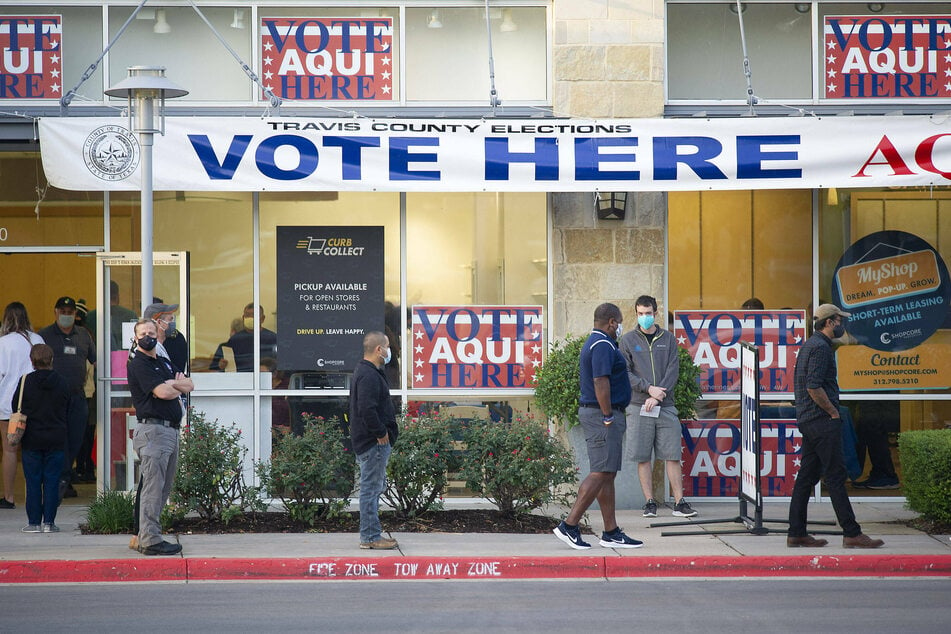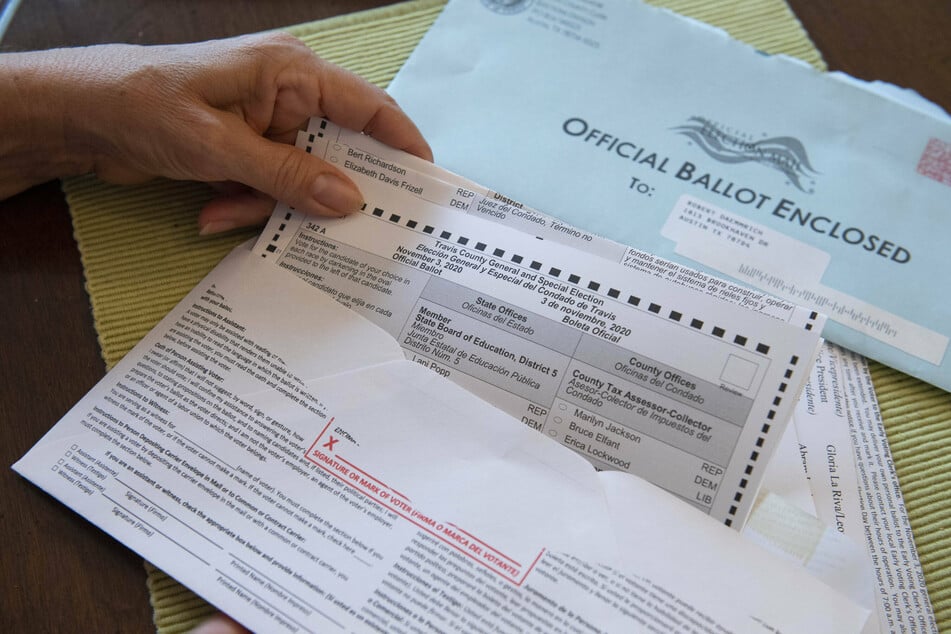Negotiations on Texas' restrictive voting bill to proceed behind closed doors
Austin, Texas – After adding several key amendments, the Texas House voted 81-64 to advance a restrictive voting bill already approved by the Texas Senate, but the changes may be stripped from the final bill – with little to no public oversight.

Senate Bill 7 is facing criticism from all sides: civil rights activists, advocates for people with disabilities, local election officials, and business leaders have all spoken out in opposition.
According to the Texas Tribune, the House voted to advance the bill after removing several of its most contested measures, including the bans on drive-thru voting and extended voting hours. Also scrapped was the requirement to implement a formula which would redistribute polling places away from areas with more residents of color.
Additionally, the amended version did away with requirements that an individual assisting a disabled voter divulge the reason why they need help, even if it is medical in nature. Critics argued the requirement stood in violation of the Americans with Disabilities Act.
Democrats also succeeded in adding an amendment that would compel judges to tell those they convict if they are unable to vote. If those charged are unaware of their ineligibility, any attempts to vote should not be considered a crime.
The amendment was inspired by the case of Crystal Mason, who violated the terms of her federal conviction and received five years in prison after casting a provisional ballot in 2016. Mason said she had no idea she was ineligible to vote.
The House version did keep the controversial prohibition on proactively distributing applications for mail-in ballots, as Harris County tried to do in 2020.
SB 7 to undergo further negotiations

But it's unclear whether any of these changes will actually matter.
The bill requires a second House vote before it is sent back to the Senate. It will then likely go to a conference committee made up of members of both chambers, who will be able to craft the final bill using parts of both versions. This process will take place behind closed doors.
It's hard not to see the measures as an attempt by GOP lawmakers to secure their majority in elections to come, as even Republican proponents can provide no evidence of the voter fraud they cite as their primary motivation.
Instead, 2020 saw a huge jump in voter turnout, thanks in large part to increased absentee and drive-thru voting amidst the Covid-19 pandemic. Once unquestionably red, Texas was increasingly being spoken about as a swing state, potentially threatening the Republican chokehold on the state government.
The Republican-drafted bill stated its purpose was to "preserve the purity of the ballot box" – a quote taken from the state Constitution.
After Democratic state Rep. Rafael Anchía of Dallas pointed out the phrase was actually used to keep Black and brown voters from participating in the post-Civil War era, the language was stripped from the bill.
Nevertheless, the bill's original language provides key insights into GOP lawmakers' true intentions – and the dangers that arise when important decisions about voter access are determined outside public view.
Cover photo: IMAGO / ZUMA Wire

